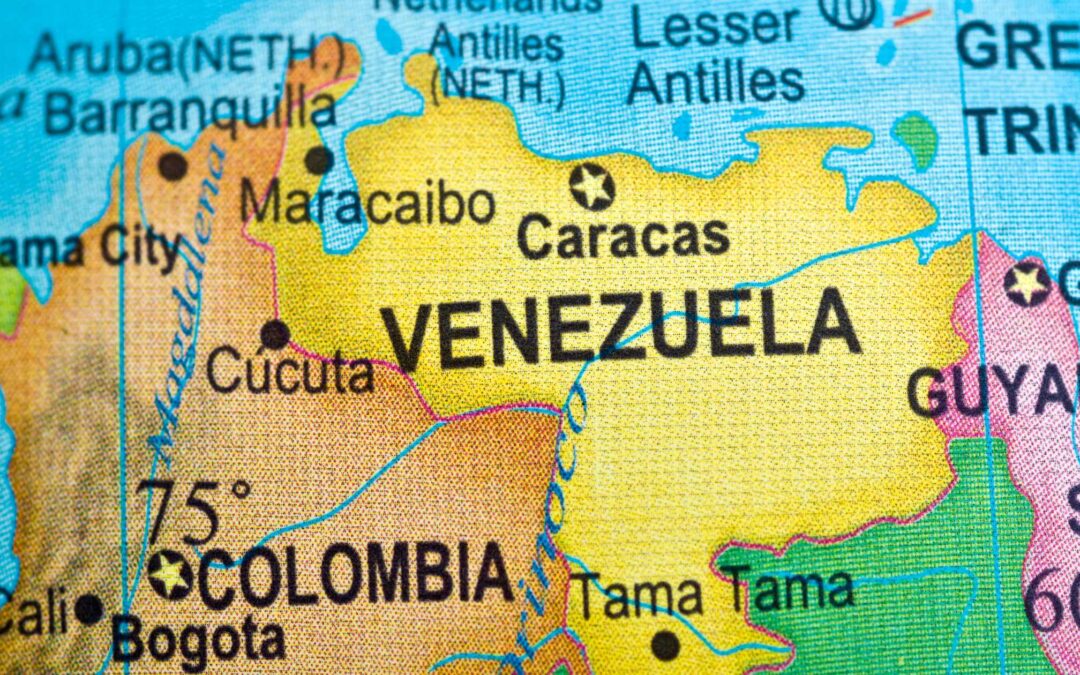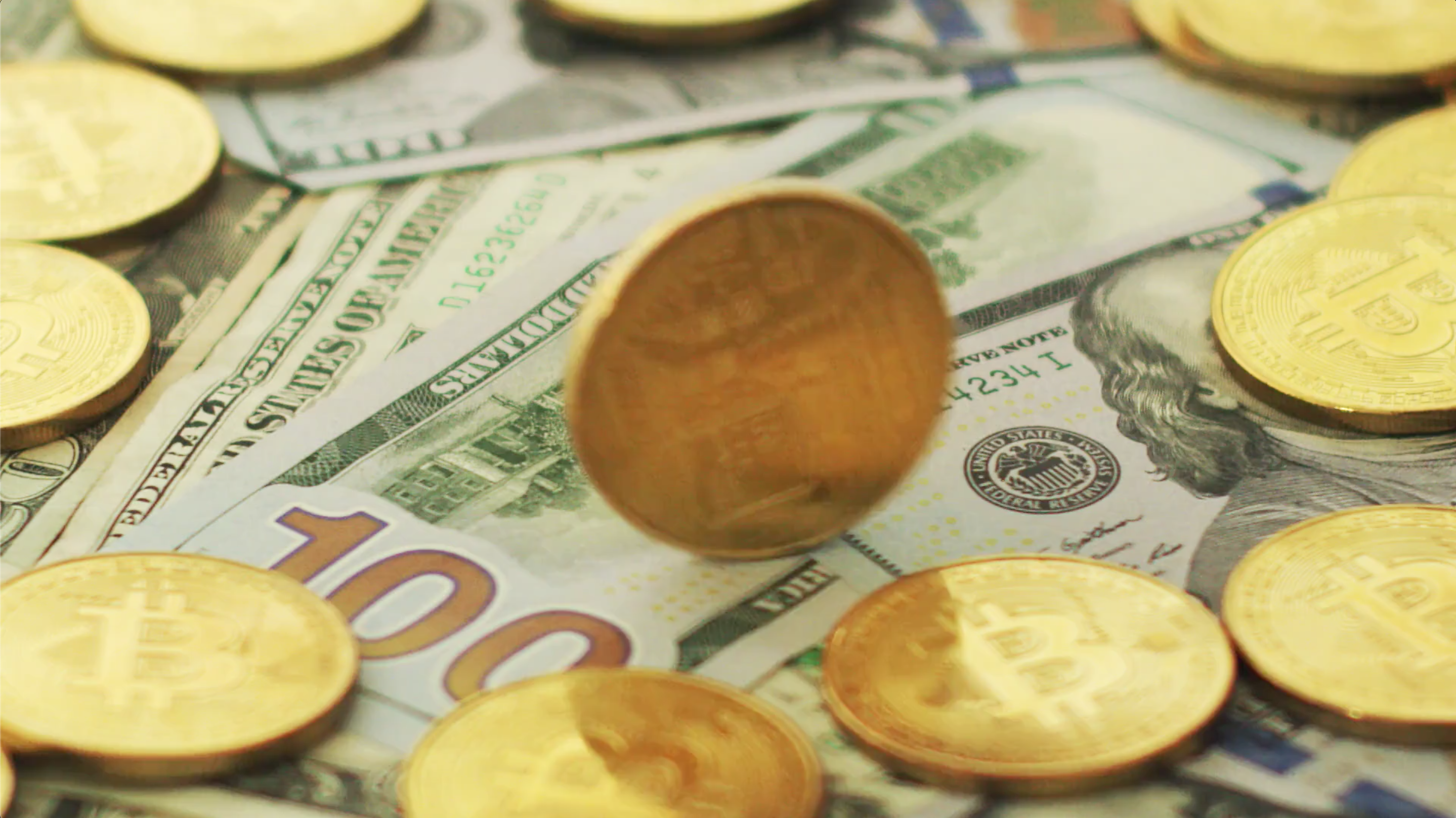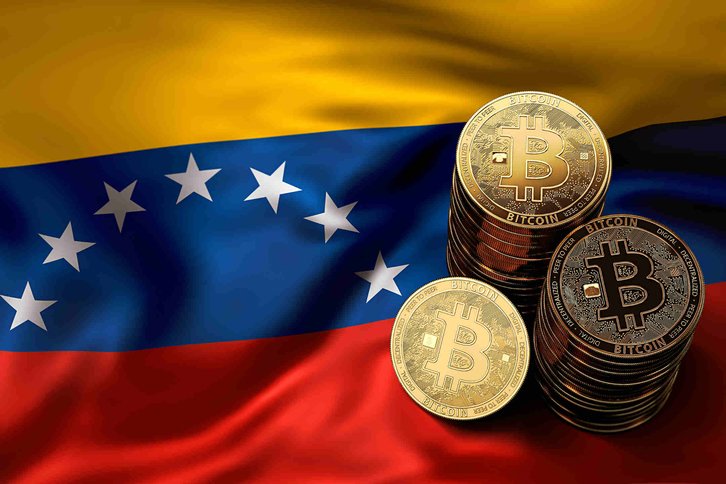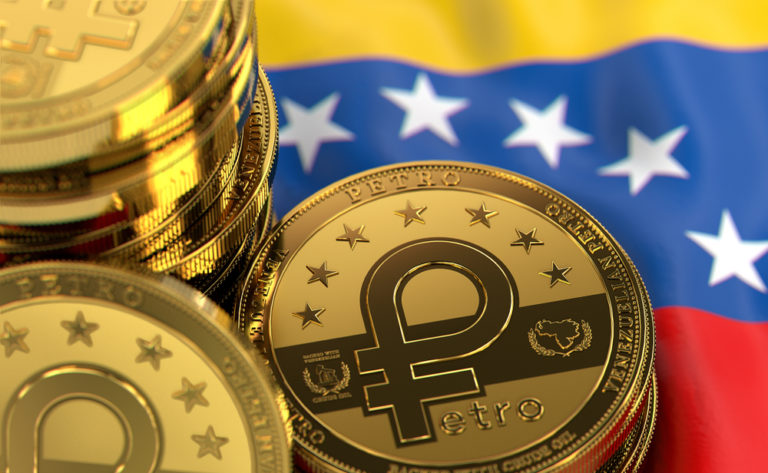
Venezuela’s Doomed Petro Cryptocurrency: End of the Road on Jan. 15 After Six Turbulent Years
Venezuela’s Petro cryptocurrency, set to cease operations on January 15 after six years. Launched as a countermeasure to U.S. sanctions, the Petro struggled with acceptance both domestically and internationally, ultimately failing amidst widespread scandal and operational challenges.
Venezuela’s Petro will stop working
Venezuela‘s government-made cryptocurrency, the Petro (oil-tied), will stop working on January 15, 2024.
The Petro started in 2018 to help Venezuela avoid U.S. sanctions, but it wasn’t used much.
The government’s Petro website (https://www.petro.gob.ve/) announced it’s closing, but that website isn’t working now. The Petro was only traded on a special part of the Venezuelan Patria website, which needs a password to get in.
The Petro was made because Venezuela’s regular money, the bolivar, lost a lot of value due to U.S. sanctions. Bitcoin was already popular in Venezuela when the Petro came out. President Nicolas Maduro wanted the Petro, but the parliament didn’t agree.
The Petro was fully working by 2020, but other countries didn’t use it, even though Maduro tried to promote it to the Bolivarian Alliance for the Peoples of Our America country members.
It was also not widely used in Venezuela. We should also note that Pedro was never made legal tender, so many didn’t see it as official money. Venezuela’s biggest bank didn’t take it unless forced by a presidential order.
The National Superintendency of Crypto Assets oversees Pedro and its ties to drug trafficking
In June 2020, U.S. authorities offered a $5 million reward for capturing Joselit Ramirez Camacho, who was in charge of the National Superintendency of Crypto Assets and, inherently, of the Petro.
Camacho is accused of being involved in drug trafficking.
They say he’s closely connected to suspected drug lords, including former vice president Tareck El Aissami.
Ramirez’s bounty is the lowest among the people the U.S. is after in this case. The U.S. is offering $15 million for Maduro and $10 million for others, including El Aissami.
Ramirez Camacho was arrested in Venezuela in March 2023 for financial issues in the oil industry. The agency he led was closed for changes and won’t reopen until March 2024. This led to the shutdown of some cryptocurrency exchanges and mining in Venezuela.
The Petro was different from a central bank digital currency, which is a type of official digital money. Venezuela’s Central Bank talked about making one in 2021, but it never happened.
Venezuela’s CBDC
In October 2021, the Central Bank of Venezuela announced that it will introduce a digital version of its currency, the bolivar, and will also remove six zeros from it because of high inflation.
This digital bolivar was to be used in the economy, and there will be a new 1-bolivar coin and banknotes from 5 to 100 bolivars.
The Central Bank also wanted to introduce a text message-based system for easy payments and transfers with this digital currency. They say this big change won’t affect the bolivar’s value; it’s just to make using the currency easier. The bank stated, “The bolivar’s value won’t change; we’re just simplifying it.”
President Nicolás Maduro first mentioned a digital bolivar in February 2021. He was promoting this project as part of modernizing and fixing the economy.
Removing zeros from the bolivar, Venezuela’s actual legal tender is a common tactic of Maduro’s government. However, this doesn’t solve the issue of the economy.
By 2020, the yearly inflation rate was about 2,300%.
However, economists criticized this plan and pointed out that just changing the currency’s look doesn’t fix the real problems causing its loss of value.
Venezuela has been struggling with a long economic crisis, worsened by U.S. sanctions and very high inflation. Maduro’s solution to avoid these sanctions was to create digital currencies.



